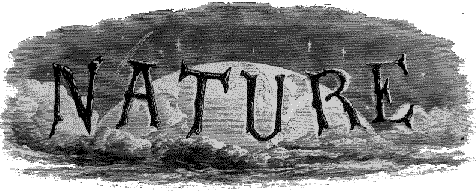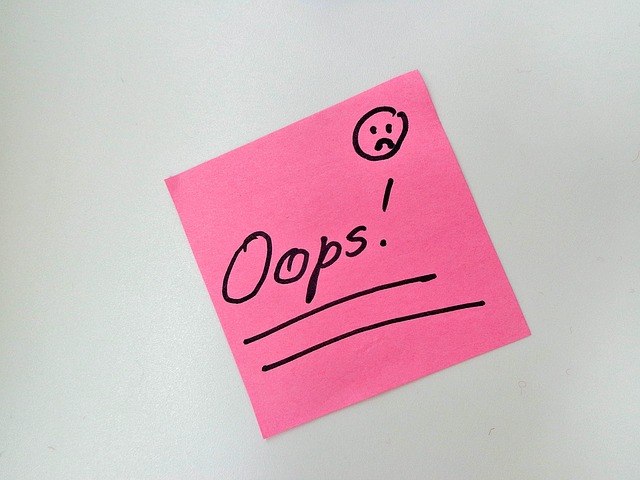In journalism, we have a running joke: Once something happens three times, it is a trend.
Well, one publisher’s propensity for making articles disappear from journal websites seems to be a trend. Twice this month, we have reported on Wiley’s disappearing act. Angewandte Chemie, a top chemistry journal, made an editorial decrying diversity efforts disappear. And Nursing Forum did the same thing with two letters that they said would only appear in print — but were briefly online.
Angewandte Chemie has done it again. This time the journal waved their magic wand on “What’s Hot, What’s Not: The Trends of the Past 20 Years in the Chemistry of Odorants,” published online last month. Its abstract:
Continue reading A Wiley journal makes another article disappear







